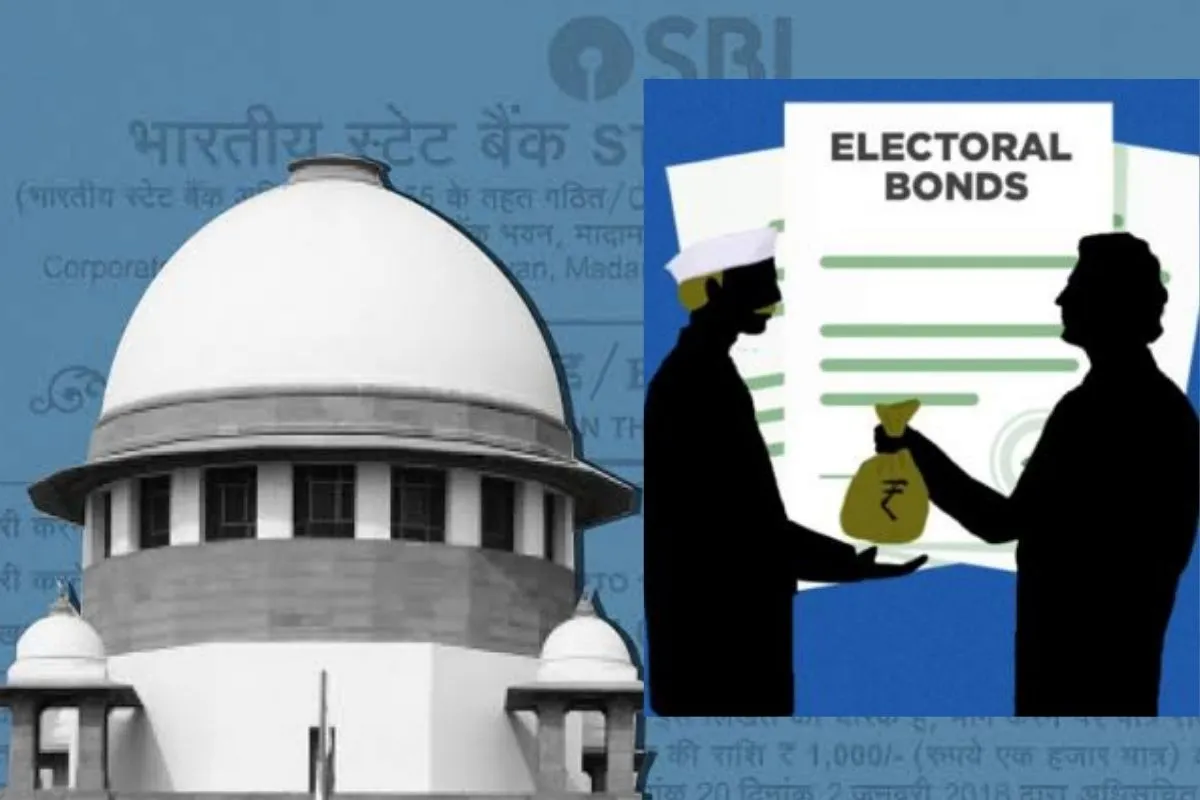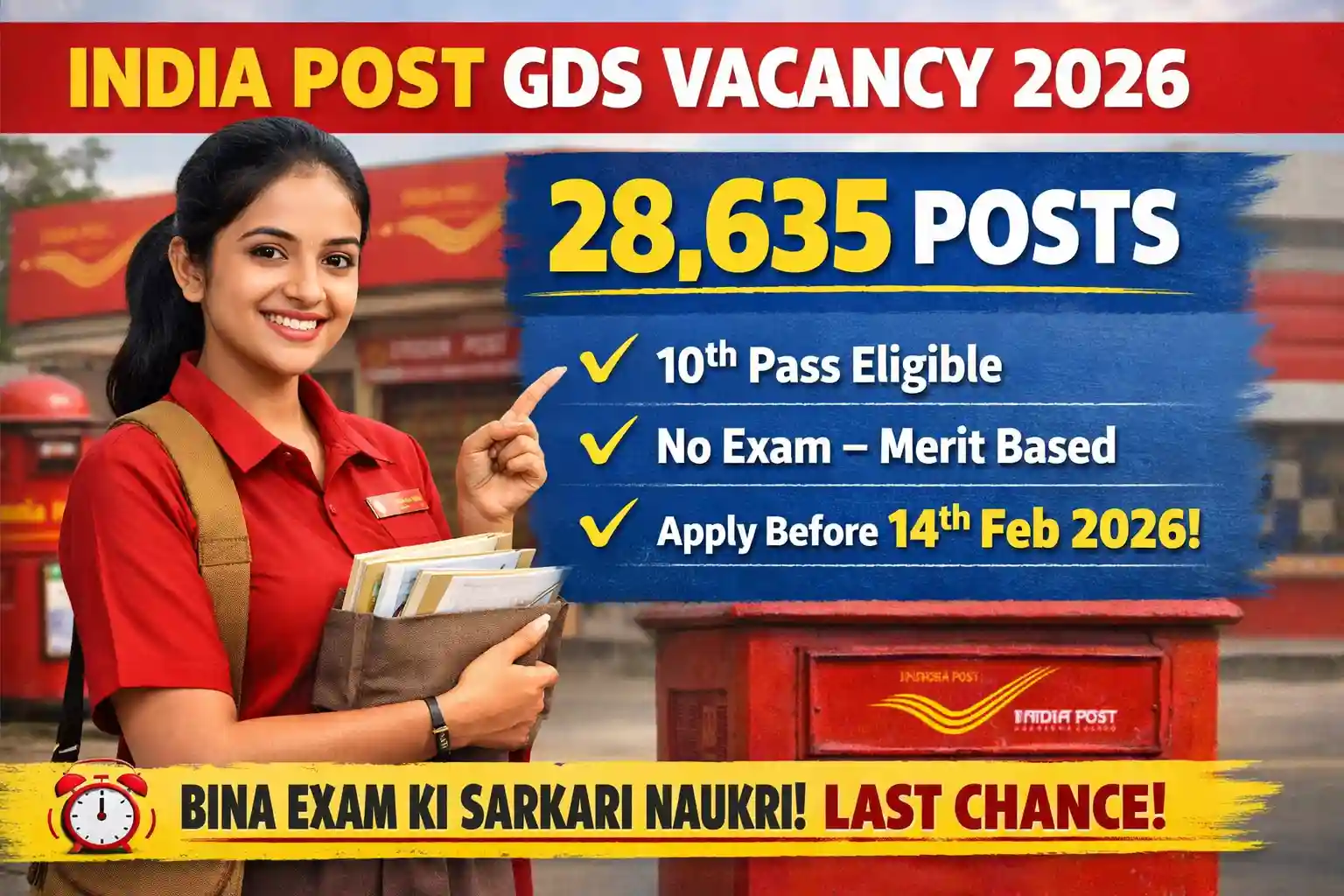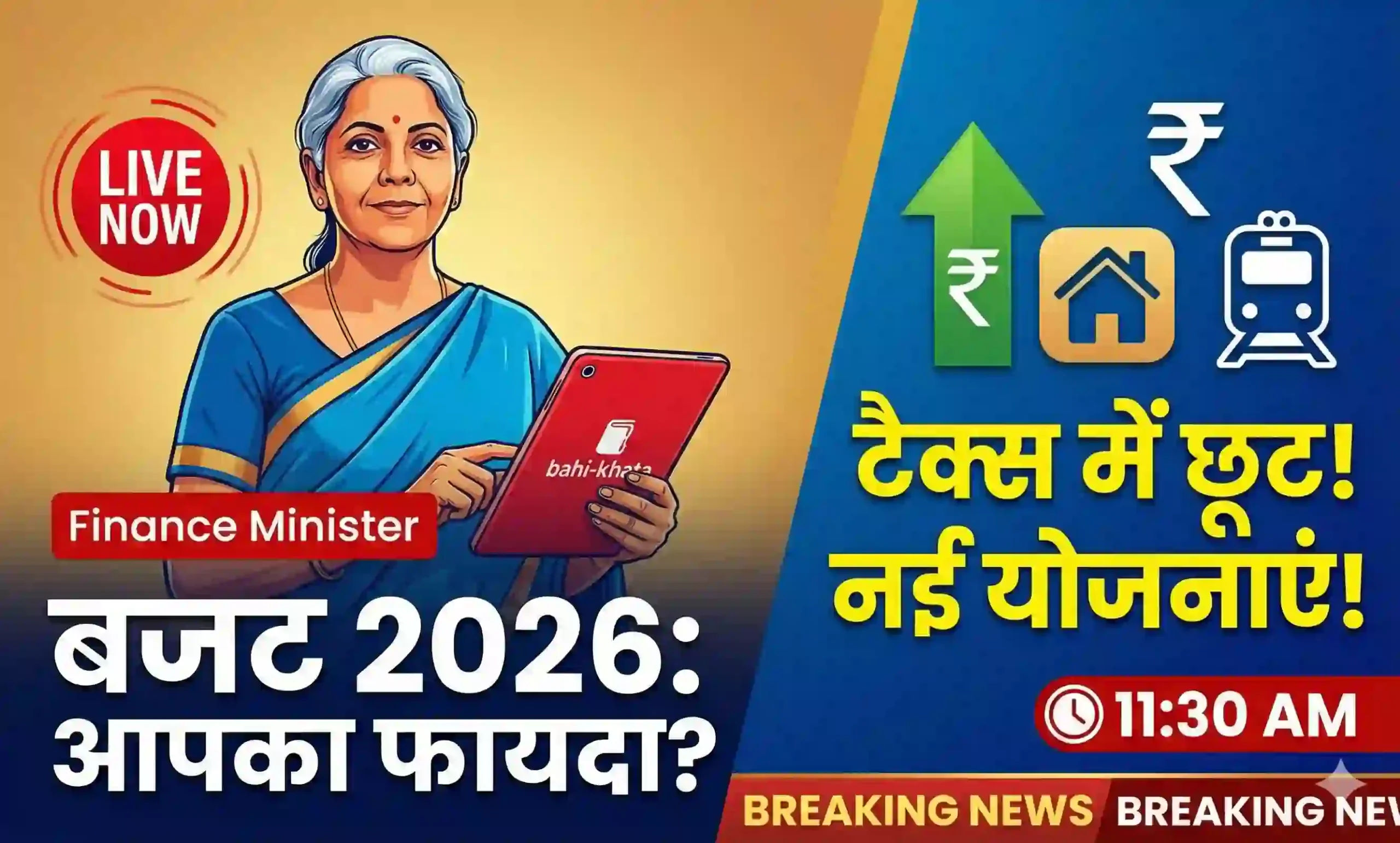|
Getting your Trinity Audio player ready... |
Unveiling the Electoral Bond Scheme: A Deep Dive into Transparency, Legal Battles, and Unsung Heroes
The Indian political landscape is a dynamic tapestry woven with threads of tradition, innovation, and ongoing struggles for a more transparent and accountable system. A recent landmark Supreme Court decision on Electoral Bonds has cast a spotlight on one such struggle, reigniting conversations about the importance of transparency in political funding. This blog post delves deeper than headlines, exploring the story behind this crucial victory. We’ll meet the unsung heroes who spearheaded the movement, dissect the controversies surrounding Electoral Bonds, and unpack the intricacies of the legal battles that unfolded.
Chapter 1: The Spark of a Movement – Meet the Champions of Transparency
At the heart of this story lie the remarkable individuals who dared to challenge the status quo. Professors from the esteemed Indian Institute of Management Ahmedabad (IIM Ahmedabad), along with a retired Navy officer, emerged as the faces of a movement demanding greater transparency in political funding. Their unwavering commitment to democratic principles fueled their relentless pursuit of accountability.
These individuals weren’t driven by personal gain or fleeting fame. They were driven by a deep-seated belief in the importance of a healthy democracy, one where the flow of money in politics is open to public scrutiny. Their dedication serves as an inspiration, a testament to the power of ordinary citizens to effect positive change.
Chapter 2: Unveiling the Electoral Bond Scheme – A Cause for Concern
The year was 2017. The Indian government, during its budget session, introduced the Electoral Bond scheme. Presented as a solution to curb the flow of black money in political funding, the scheme offered anonymity to donors who could purchase bearer bonds from designated banks. These bonds could then be redeemed by political parties for their electoral campaigns.
While proponents of the scheme hailed it as a step towards increased political funding, critics raised concerns. The anonymity clause surrounding the bonds sparked anxieties about potential misuse. Transparency advocates worried that the scheme could pave the way for undue corporate influence on political parties and policy decisions. Public money used for elections would essentially be flowing through an opaque channel, raising questions about accountability.
Chapter 3: Public Scrutiny and Legal Challenges – A Mounting Debate
The lack of transparency inherent in the Electoral Bond scheme became a lightning rod for public debate. Here are some of the key concerns that fueled the movement for change:
- Undue Corporate Influence: Critics argued that anonymous donations could lead to an unhealthy dependence of political parties on corporate funding. This, in turn, could lead to a situation where corporate interests, rather than the needs of the people, dictate policy decisions.
- Potential for Abuse and Black Money: While the scheme aimed to curb black money, the anonymity aspect raised concerns about its potential misuse. Donors with questionable sources of income could exploit the system to launder money or influence elections unfairly.
- Erosion of Public Trust: Transparency is a cornerstone of a healthy democracy. Anonymity in political funding could erode public trust in the political system, breeding cynicism and disengagement.
These concerns weren’t merely theoretical. Legal appeals were filed, challenging the legality and constitutionality of the Electoral Bond scheme. It was a David vs. Goliath battle, with ordinary citizens and public interest groups taking on the might of the government.
Chapter 4: The Electoral Commission and the Fight for Disclosure – Upholding Democratic Principles
The Election Commission of India (ECI), a crucial pillar of Indian democracy, emerged as a key player in this saga. Recognizing the potential pitfalls of anonymity in political funding, the ECI took a strong stance.
They submitted a critical affidavit to the Supreme Court, highlighting the detrimental impact the scheme could have on transparency in elections. The ECI argued that anonymous donations could open doors for foreign influence in Indian politics, a serious threat to national security. Their stance firmly supported the need to disclose the identities of those purchasing electoral bonds. This intervention by the ECI demonstrated its commitment to upholding democratic principles and ensuring a level playing field in Indian elections.
Chapter 5: ADR’s Instrumental Role and a Landmark Victory – A David vs. Goliath Battle Won
The Association for Democratic Reforms (ADR), an organization founded by the aforementioned IIM Ahmedabad professors, played a pivotal role in the fight against Electoral Bonds. The ADR, known for its advocacy for electoral and political reforms in India, relentlessly challenged the scheme.
They meticulously researched the legalities of the scheme, meticulously documented its potential drawbacks, and tirelessly presented their case before the Supreme Court. Their unwavering dedication and commitment to transparency culminated in a landmark victory in February 2024. The Supreme Court, in a historic judgment, declared the Electoral Bond scheme unconstitutional. This verdict was a resounding victory for transparency and accountability in Indian politics. It served as a powerful reminder that even ordinary citizens, armed with facts and unwavering determination, can bring about significant change.
Chapter 6: The Fallout and the Road Ahead – Navigating Transparency and Upholding the Verdict
The Supreme Court’s verdict on Electoral Bonds sent shockwaves through the Indian political landscape. While transparency advocates celebrated the victory, questions arose about the immediate and long-term implications of the decision.
6.1 Unmasking the Past: Scrutinizing Past Donations
One of the most significant outcomes of the verdict was the mandate for the State Bank of India (SBI), the designated issuer of Electoral Bonds, to disclose details of all past transactions. This included revealing the identities of those who purchased the bonds and the political parties that received them. This disclosure would shed light on the past flow of anonymous political funding, potentially leading to further investigations and accountability measures.
6.2 Political Parties in Flux: Adapting to a New Funding Landscape
Political parties, accustomed to a system of anonymous donations, now face the challenge of adapting to a more transparent funding landscape. They will need to diversify their funding sources, focusing on small individual donations, membership drives, and innovative fundraising campaigns. This shift could foster a more direct connection between political parties and the electorate, potentially leading to a more responsive and accountable political system.
6.3 Challenges and Roadblocks: Ensuring Continued Transparency
The fight for transparency is far from over. Here are some potential challenges that need to be addressed:
- Evolving Tactics: Lobbying efforts by those who benefited from the anonymity of Electoral Bonds cannot be ruled out. They may attempt to introduce new schemes or amendments that offer loopholes for anonymous donations. Vigilance and continued public scrutiny will be crucial to prevent such efforts from succeeding.
- Strengthening RTI Implementation: The Right to Information (RTI) Act is a powerful tool for ensuring transparency in political funding. However, its effectiveness hinges on proper implementation. Strengthening RTI mechanisms and ensuring timely responses to information requests from citizens will be critical.
- Electoral Reform Package: The Electoral Bond saga highlights the need for a comprehensive electoral reform package. This package could address issues like campaign finance limits, stricter disclosure requirements for political parties, and stricter regulations on corporate funding of elections.
The Supreme Court’s verdict on Electoral Bonds sent shockwaves through the Indian political landscape. While transparency advocates celebrated the victory, questions arose about the immediate and long-term implications of the decision.
6.4 Unmasking the Past: Scrutinizing Past Donations
One of the most significant outcomes of the verdict was the mandate for the State Bank of India (SBI), the designated issuer of Electoral Bonds, to disclose details of all past transactions. This included revealing the identities of those who purchased the bonds and the political parties that received them. This disclosure would shed light on the past flow of anonymous political funding, potentially leading to further investigations and accountability measures.
6.5 Political Parties in Flux: Adapting to a New Funding Landscape
Political parties, accustomed to a system of anonymous donations, now face the challenge of adapting to a more transparent funding landscape. They will need to diversify their funding sources, focusing on small individual donations, membership drives, and innovative fundraising campaigns. This shift could foster a more direct connection between political parties and the electorate, potentially leading to a more responsive and accountable political system.
6.6 Challenges and Roadblocks: Ensuring Continued Transparency
The fight for transparency is far from over. Here are some potential challenges that need to be addressed:
- Evolving Tactics: Lobbying efforts by those who benefited from the anonymity of Electoral Bonds cannot be ruled out. They may attempt to introduce new schemes or amendments that offer loopholes for anonymous donations. Vigilance and continued public scrutiny will be crucial to prevent such efforts from succeeding.
- Strengthening RTI Implementation: The Right to Information (RTI) Act is a powerful tool for ensuring transparency in political funding. However, its effectiveness hinges on proper implementation. Strengthening RTI mechanisms and ensuring timely responses to information requests from citizens will be critical.
- Electoral Reform Package: The Electoral Bond saga highlights the need for a comprehensive electoral reform package. This package could address issues like campaign finance limits, stricter disclosure requirements for political parties, and stricter regulations on corporate funding of elections.
6.7 International Perspective on Political Funding Regulations
Campaign finance regulations vary significantly across democracies worldwide. Here’s a glimpse into how some countries handle political funding:
- United States: The US system allows individual contributions with limitations, along with political action committee (PAC) contributions. Disclosure of donors above a certain threshold is mandatory.
- United Kingdom: The UK imposes spending limits on political parties during elections. Donations above a certain amount must be publicly disclosed.
- Germany: Political parties in Germany receive a portion of their funding from the state based on the votes they secure. Donations are also permitted, with disclosure requirements for larger contributions.
While these are just a few examples, a common thread emerges: transparency is a key principle guiding campaign finance regulations in many democracies. The Indian Electoral Bond scheme, with its emphasis on anonymity, stood in stark contrast to these international trends.
6.8 Comparing and Contrasting Electoral Bonds with Similar Schemes
The Electoral Bond scheme shared some similarities with schemes in other countries, but also had distinct differences:
- Brazil’s “Caixa 2” System: Brazil once had an informal system where companies could make undisclosed cash donations to political parties. This system, similar to the anonymity aspect of Electoral Bonds, was eventually declared illegal due to concerns about corruption.
- German Party Funding: Germany’s system of partial state funding for political parties can be seen as a contrasting approach. This method aims to reduce dependence on private donations and enhance transparency.
The key difference lies in the level of disclosure. Electoral Bonds lacked the transparency measures present in other schemes, raising concerns about potential misuse.
6.9 Potential Economic and Political Implications of the Verdict
The Supreme Court’s decision on Electoral Bonds has the potential to trigger a chain reaction with both economic and political consequences:
- Economic Impact: Increased transparency in political funding could lead to a more ethical and responsible flow of money in elections. This, in turn, could foster greater investor confidence in the Indian economy. Additionally, stricter regulations on corporate funding might lead to a shift in campaign strategies, with a focus on grassroots mobilization and individual contributions.
- Political Impact: Political parties will need to adapt to a new funding landscape. This could lead to a more professionalized approach to fundraising, with increased emphasis on building a strong base of small donors. Additionally, the verdict could potentially weaken the influence of corporations on political decision-making, leading to a more representative and accountable political system.
The long-term economic and political implications of the verdict will depend on how effectively the new regulations are implemented and enforced.
Chapter 7: A Beacon of Hope: The Legacy of the Electoral Bond Battle
The Supreme Court’s verdict on Electoral Bonds serves as a beacon of hope, illuminating the importance of transparency in political funding. It is a testament to the power of engaged citizens, public interest groups, and institutions like the Election Commission to effect positive change. This victory signifies that even in the face of seemingly insurmountable challenges, unwavering dedication to democratic principles can prevail.
Here are some key takeaways from this story:
- Transparency is vital for a healthy democracy.
- Ordinary citizens can make a difference by speaking up and demanding accountability.
- A vigilant and informed citizenry is essential for safeguarding democratic values.
The fight for transparency in Indian politics is an ongoing journey. The Electoral Bond saga serves as a potent reminder of the importance of public engagement and the need for constant vigilance. By learning from this chapter, India can move towards a more transparent and accountable political system, one that truly reflects the will of the people.
Be the Change You Wish to See in Your Democracy
The Supreme Court’s verdict on Electoral Bonds is a significant step forward, but it’s just one chapter in the larger story of democratic reform in India. Here’s how you can be a part of the ongoing fight for transparency:
- Stay Informed: Educate yourself about campaign finance regulations, political party funding sources, and proposed electoral reforms. Credible news sources and independent watchdogs can be valuable resources.
- Engage in Discussions: Talk to your friends, family, and colleagues about the importance of transparency in elections. Encourage them to stay informed and participate in the democratic process.
- Support Advocacy Groups: Organizations working for electoral reforms rely on public support. Consider volunteering your time or donating to these groups.
- Hold Your Representatives Accountable: Ask your elected officials about their stance on campaign finance reforms and transparency. Write to them, call their offices, and attend town hall meetings to voice your concerns.
By taking these steps, you can become an active participant in shaping a more transparent and accountable Indian democracy. Remember, even small actions can collectively create a wave of positive change.
This blog post has delved deep into the story behind the Electoral Bond scheme, exploring the legal battles, the heroes who fought for transparency, and the potential implications of the Supreme Court’s decision. The fight for a corruption-free and accountable democracy is a continuous process. By staying informed, engaging in constructive dialogue, and holding your representatives accountable, you can contribute to a brighter future for Indian politics.









